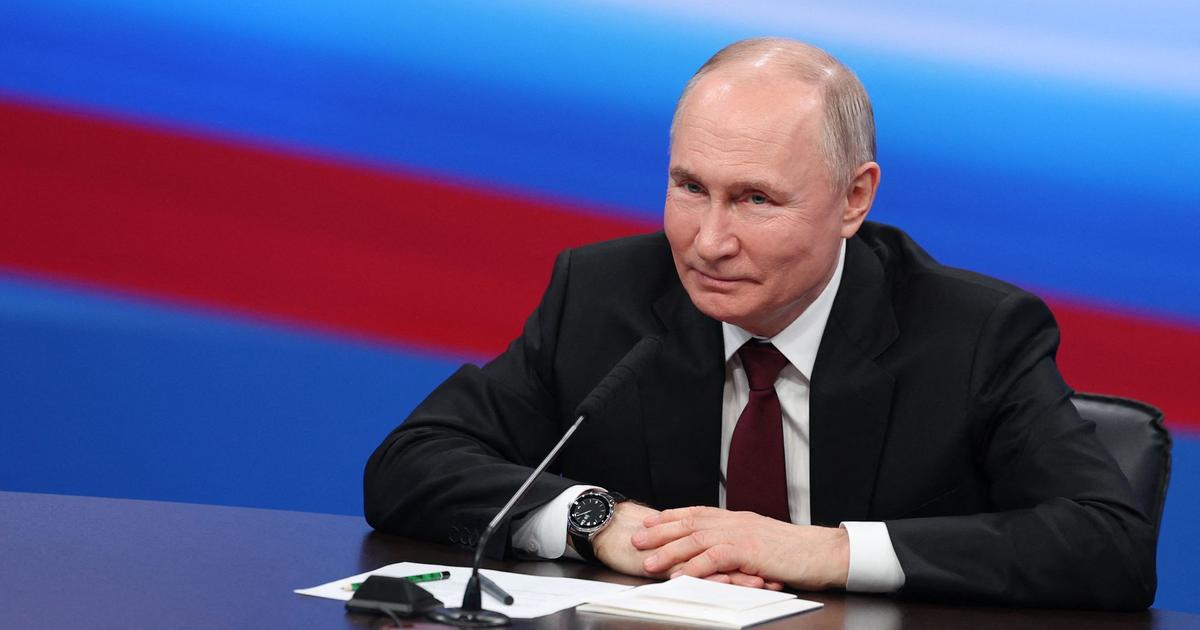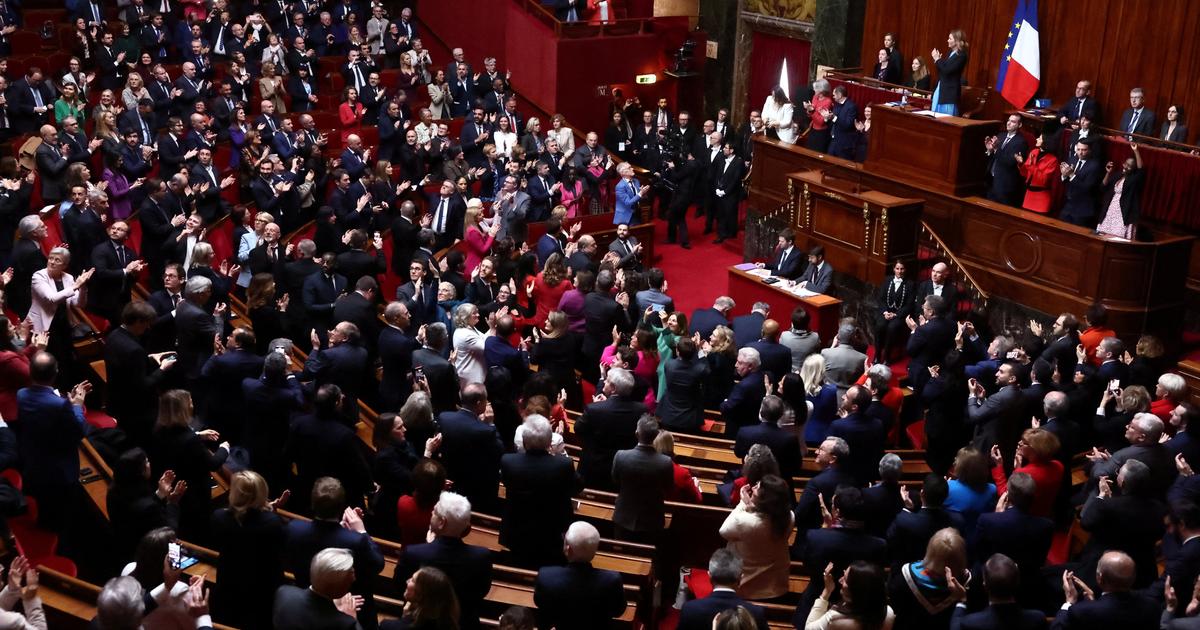Workers in a bank in South Korea.JEON HEON-KYUN / EFE
At the beginning of April, newspapers around the world reported with some amazement the statements of the Secretary of the Treasury of the Biden Administration, Janet L. Yellen, made in front of the Chicago Council on Global Affairs, on the need to create a global tax on the income generated by multinationals. The new tax, for Yellen, would have to serve to prevent transnational companies from evading national taxation and thus reinforce the reduced collection capacities of the States. Yellen's proposal was part of the radical turn taken by the Biden Administration with the aim of deeply reformulating the foundations of the American economic model, distancing it from that neoliberal economic regime that had characterized it since the end of the 1970s.
With the announcement of the global tax on the activity of multinationals, Yellen was taking up, without quoting directly, the spirit and the letter of a series of proposals launched by the main leaders of developing countries in the mid-1970s. Under the banner of
New International Economic Order
(NIEO), these proposals raised the need to empower national states, strengthening their capacities to intervene in the economy and generating international agreements that could face the strength that global financial markets and transnational companies had acquired, especially in the Third World. One of the central issues that the NIEO was trying to address was precisely the way in which multinationals managed to evade any form of fiscal control by those countries in which companies generated a significant part of their multimillion-dollar revenues. Many of the proposals advanced by the NIEO pointed towards a socially responsible globalization model and, therefore,They seem to have an important relevance to advance in the unavoidable reform of capitalism that the present presents us with.
It was in April, but 1974, when Algerian President Huari Bumedian took the floor from the podium of the United Nations General Assembly to demand the establishment of a New International Economic Order. The leader of the North African country spoke representing a heterogeneous group of countries of the former called Third World. Despite their multiple diversities, these countries had as a common goal a reform of international economic structures that would allow them to slip away from the chains of economic underdevelopment. The United Nation Conference on Trade and Development (UNCTAD) and the G-77 represented the main forums where the proposals to articulate the NIEO had been debated since the first half of the 1960s.
However, it was only in the context of the strong international economic upheavals of the early 1970s, which led to the collapse of the Bretton Woods system, that the reform ideas coined by UNCTAD and the G-77 acquired political centrality. unprecedented economic. This force was undoubtedly increased by the way in which the oil-producing countries, meeting in OPEC, began from the beginning of the 1970s to promote an agenda of increasing prices, and that, as a consequence of the war On Yom Kippur in October 1973, they even imposed a supply embargo against Washington for its support of Israel in the conflict.The crisis of capitalism and the dynamism of the OPEC countries seemed to show that the reform of the international economic order according to the ideas coined in the South of the world was possible.
The NIEO was a container for different and not always coherent proposals. However, in general terms, it can be said that this proposed a form of international economic integration, that is, a non-neoliberal globalization, where the States retained strong prerogatives of regulation and intervention. Ultimately, the Third World countries asked that the tempered liberalism that had been at the base of Bretton Woods be expanded, renewed and extended to the peripheries of the world, allowing countries to guide the operation of markets in pursuit of the common welfare . Stabilize international prices of primary products, guarantee their access in the markets of developed countries,Generating a global tax system that would force multinationals to return part of their income to the Third World countries in which this wealth was generated and reinforcing the regulatory capacity of the state over economic actors represented some of the strengths of that agenda. reform.
Contradictions and internal conflicts between the proposing countries, as well as the debt crisis in part denoted by the Volcker
shock
of 1979, contributed to burying under the rubble of the economic crisis that devastated the Third World at the beginning of the 1980s the proposals of the NIEO. Instead of the temperate globalization proposed by the UNCTAD and G-77 countries, it was the neoliberal globalization of Ronald Reagan and Margaret Thatcher that triumphed in the key decade of the 1970s, producing the results we all know.
In the face of the new crisis of global capitalism that dramatically characterizes our time, it would perhaps be useful for the world ruling classes to review part of the proposals that Bumedian presented to the world that April 1974, something that in a way that is probably not fully conscious Biden administration seems to have started to do.
Vanni Pettinà
is professor of International History at El Colegio de México and visiting professor at Università Ca'Foscari @PettinaVanni

/cloudfront-eu-central-1.images.arcpublishing.com/prisa/J3IKAXILNBMSWSOEIR5JPPRA6Y.jpg)













